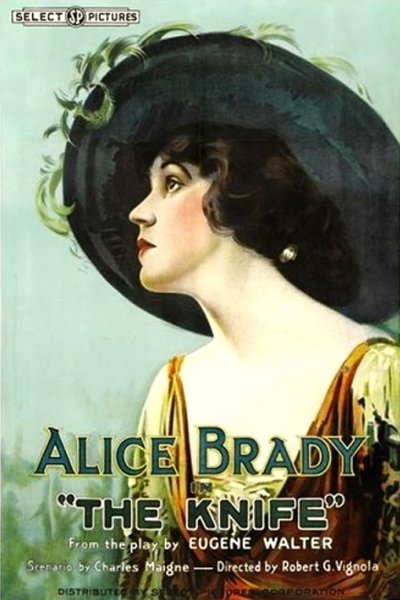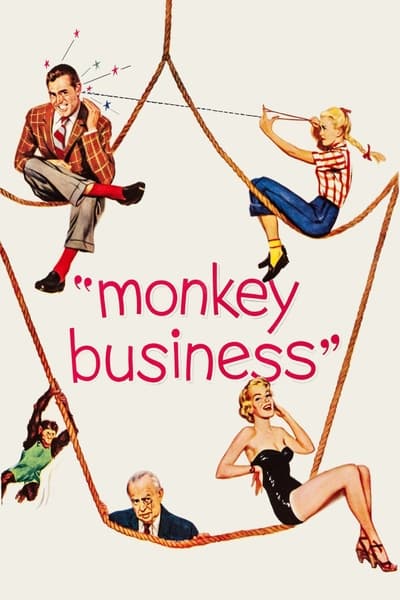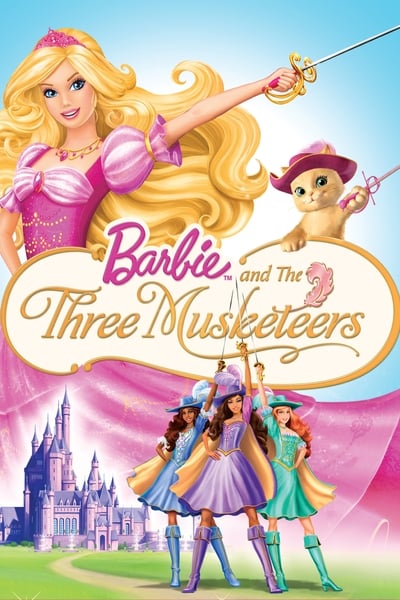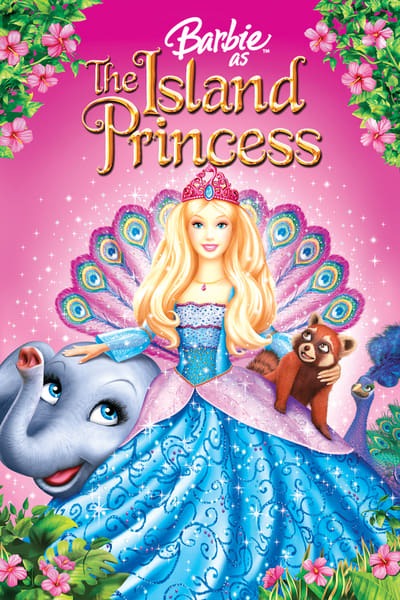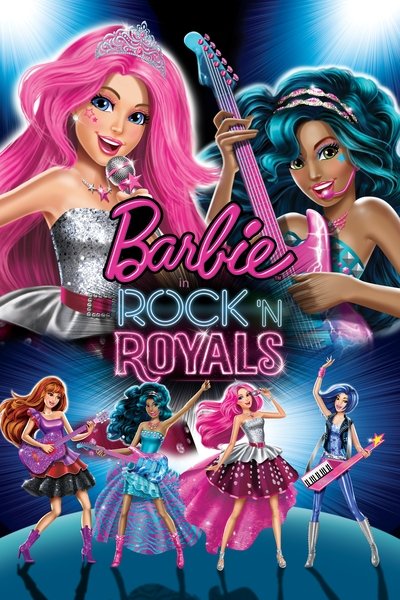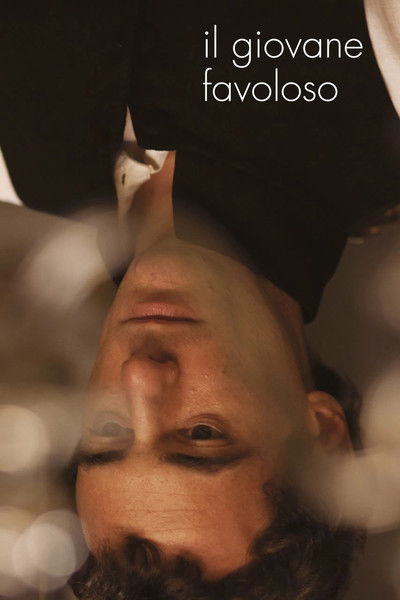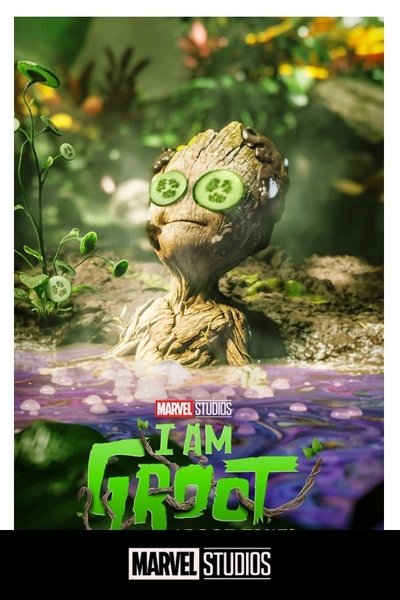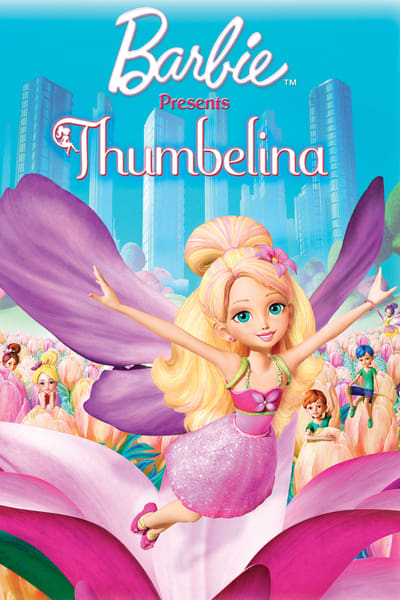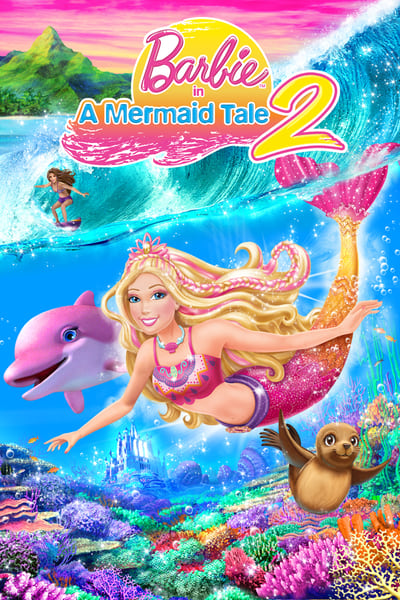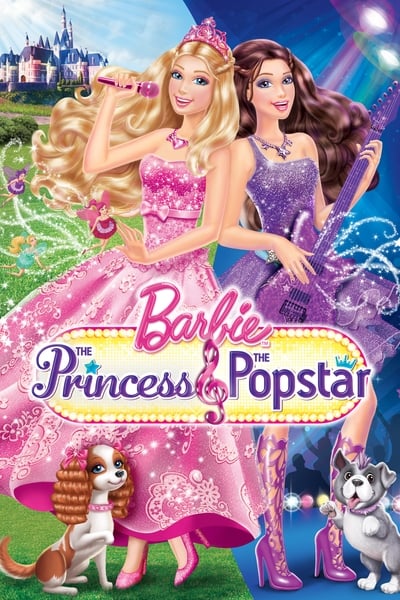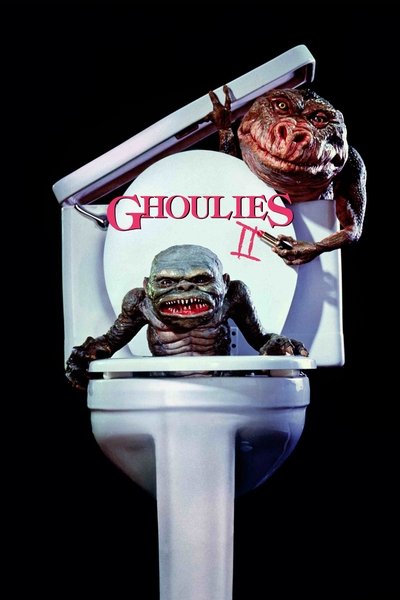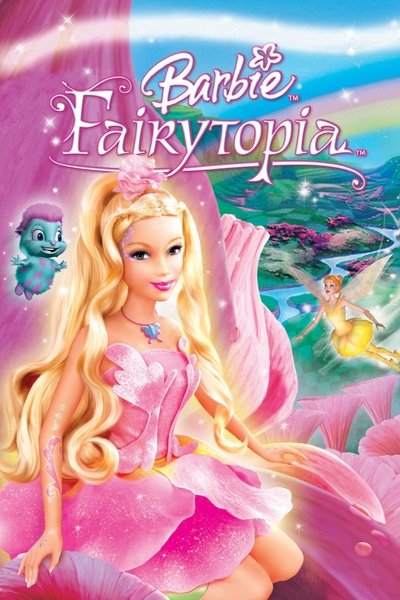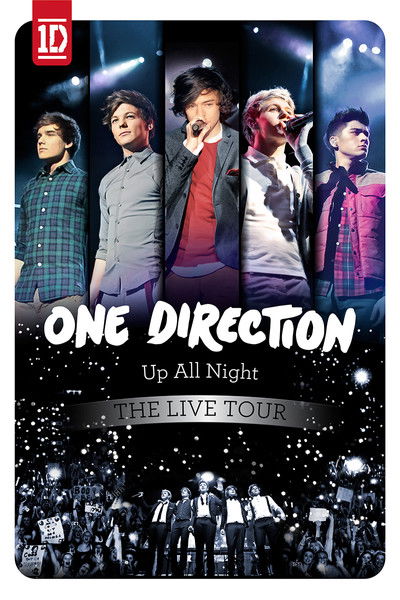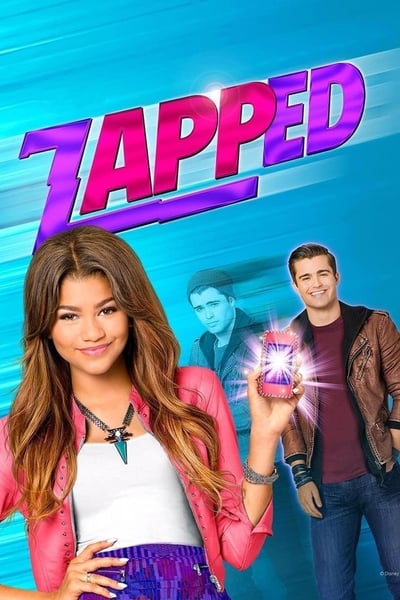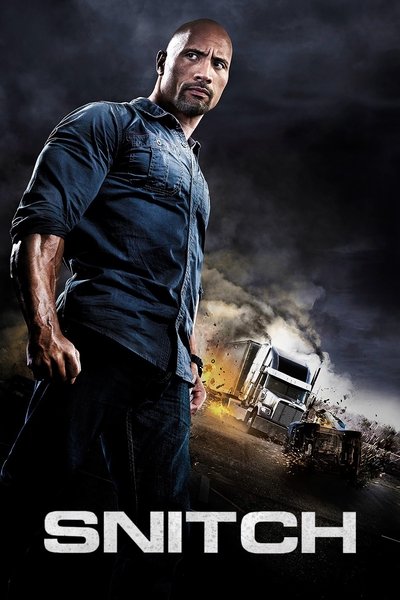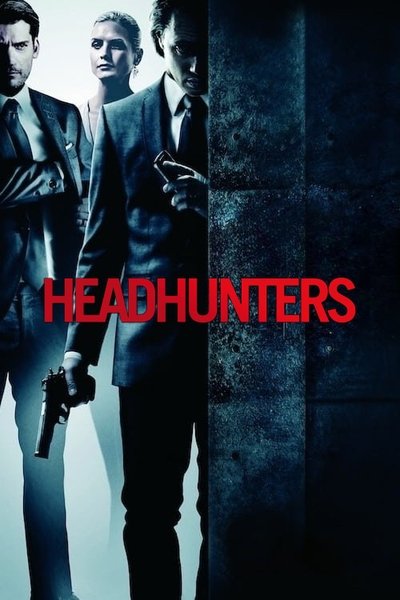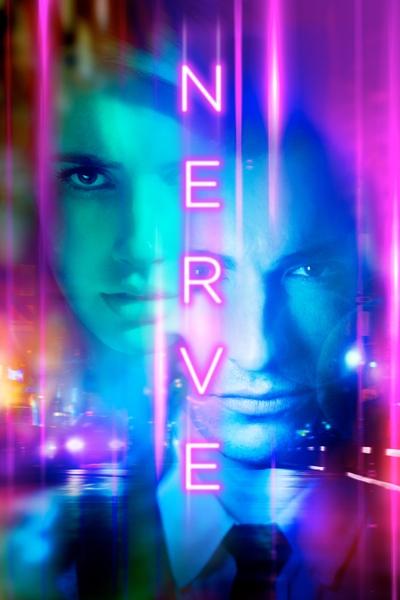
The Knife
In The Knife (1975) red light falls onto a knife against a dark background, coating the silvery blade inch by inch until it is fully illuminated. The experiment is then repeated in green, then in light red, next blue, and finally pale yellow. It’s a very Hitchcockian approach to creating meaning, as if all the elements - object, colour, space and time - had been isolated from the suspense, only to be reconstructed anew, creating silent, artificial drama. And, as with Hitchcock, the motifs are fetishistically charged: knife, dog, door, bird, lion: ‘...they are all Freudian in some sense’, observed Goldstein.

Storyline
In The Knife (1975) red light falls onto a knife against a dark background, coating the silvery blade inch by inch until it is fully illuminated. The experiment is then repeated in green, then in light red, next blue, and finally pale yellow. It’s a very Hitchcockian approach to creating meaning, as if all the elements - object, colour, space and time - had been isolated from the suspense, only to be reconstructed anew, creating silent, artificial drama. And, as with Hitchcock, the motifs are fetishistically charged: knife, dog, door, bird, lion: ‘...they are all Freudian in some sense’, observed Goldstein.
